The Six Requirements for a Faith-Driven Leadership Operating System
Introduction
A faith-driven leadership operating system equips leaders to integrate faith, business management, and leadership development. It comes alongside leaders to help them pursue God’s purpose for their business and for the people whose lives they touch.
What it should do
Build leadership continuously and faster than the organization is growing.
Growing organizations change rapidly. Their complexity changes much faster than their headcount. For example, growing from 3 people to 24 people is an 8-fold increase in headcount but 117-fold increase in potential different interactions. Unless the organization is constantly developing its leadership capability and doing so faster than the organization is growing, it will eventually outgrow its own ability to execute. It stalls into a firefighting, chaotic environment and growth stops until control is re-established, or it dies a slow, painful death.
A leadership operating system should inject constant learning, just-in-time, so application of learning is immediate. It should also reinforce past teachings, so they become a habit.
Use biblical principles to build a culture of human caring.
Everyone talks about caring for people, but we are not very good at it. A faith-driven leadership platform should instill a biblical standard of honesty, integrity and caring for people. It does not mean going soft on accountability, but it does mean seeking to know people, what’s important to them and taking an interest in them at work and at home. It takes time and intentional leadership focus, but it is a skill that can be developed. It is mandatory ideal to pursue in a God-honoring company. Whether you believe in God, everyone wants to be cared for. Caring for people is a pre-requisite for building a high-trust culture, and the foundation of teamwork.
Organize the way people interact so the organization can scale and maintain order.
God is not the ‘author’ of confusion, and our businesses should not be either. Our brains are about 2-3% of our body mass and yet it uses more than 20% of our energy. The brain constantly seeks to conserve energy by taking repeating patterns and moving them into habit management, which is a semi-conscious activity that takes much less thought. Think about how much easier it is to drive a car now than the first time you tried. Driving has become habit. An organization that builds strong habits for how people set priorities, communicate, and coordinate with each other will free up the precious thought capacity of your organization to focus on the latest surprises that occur. Without some of order, the complexity becomes overwhelming. It is like having to learn to drive all over again every day. There is no cumulative organization learning about how the functions.
Leverage metrics, not bureaucracy, to facilitate alignment and learning.
Most human governance systems become bureaucratic and attempt to control behavior instead of outcomes. Initially, such systems may work but, in an attempt to manage human behavior, they become overly burdensome. A better approach, not foolproof, but better is to focus on the outcomes you are seeking. Measure those and allow more freedom for people to innovate in how those outcomes are achieved. This is not a perfect answer. Sometimes, you don’t want a lot of innovation such as in the emergency room. Sometimes you want rigor, precision, and predictability.
Your leadership system should strive to use the minimum control necessary to keep people coordinated. That requires starting with measuring outcomes and judiciously adding the control necessary to achieve the outcomes. The end requirement is that your leadership system needs to have business intelligence thinking built in at the foundational level, so it informs the management of outcomes and accelerates learning.
Foster mentoring as the primary mode of development.
Jesus turned the world upside down by mentoring a tiny group of people –12 to be exact. And He primarily focused on just three. Mentoring has multiple advantages. First, we all learn faster when we have to teach others, and it instills deeper understanding. Second, mentoring is done ‘as you go’ – it applies to real situations and in real-time, which is proven to also increase effectiveness.
Mentoring is relational. The most daunting challenge in leadership is not gaining technical knowledge, it is developing relational skills. Mentoring takes time and is highly tailored to and enriched by relationships. What makes organizations thrive over the long-term is their purpose and values and those are more caught than taught.
Facilitate constructive accountability that unlocks human potential.
The greatest strength of the human mind is its creativity. But in that strength lies a weakness, the constant threat of getting distracted or confused by too much stimulus. I come into my day with a few set priorities and then life happens, and I have a cascading set of unexpected conversations, insights, etc. And many of them are highly useful. But collectively, in an entire organization, the only way to avoid descending into chaos is to keep priorities in front of people and hold them accountable. We need this discipline, especially if we are coordinating our work with others. If you are an individual who truly works alone, then the consequences of changing your priorities are self-contained, but in an organization, there is a cascading effect of change. Your operating system should not prevent change. But it should facilitate rapid identification of potential change and equally rapid assessment of the impact of change. Without these ‘habits’ as mentioned earlier, as the organization grows, it drowns in its own self-induced complexity.
Subscribe to the LeadFirst Briefing
Conquer Chaos in Your Business
- Order copies of Built to Beat Chaos for your team
- Lead your team through the Discussion Guide
- Set a vision for your business with the LeadFirst Purpose Workshop.





